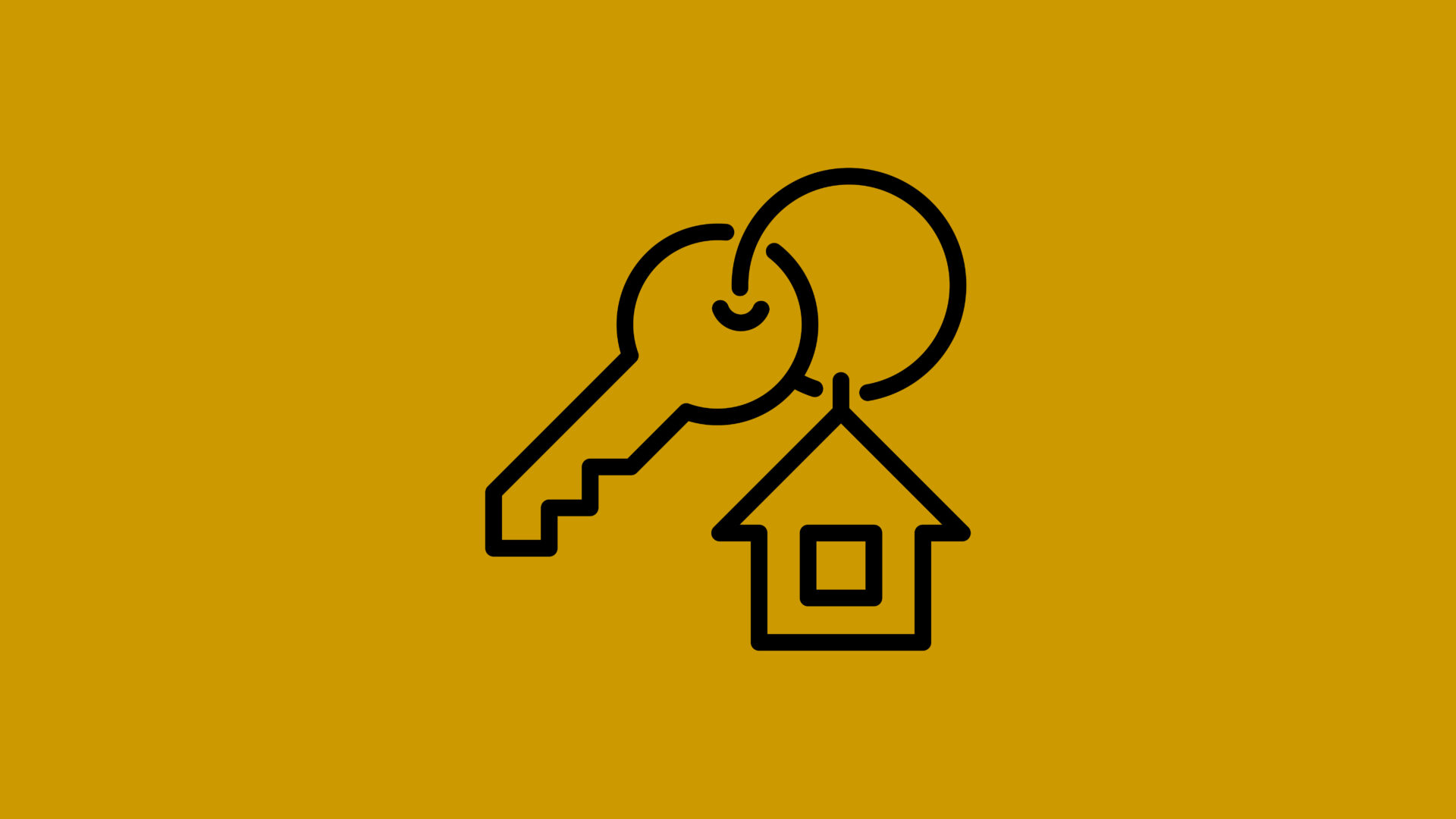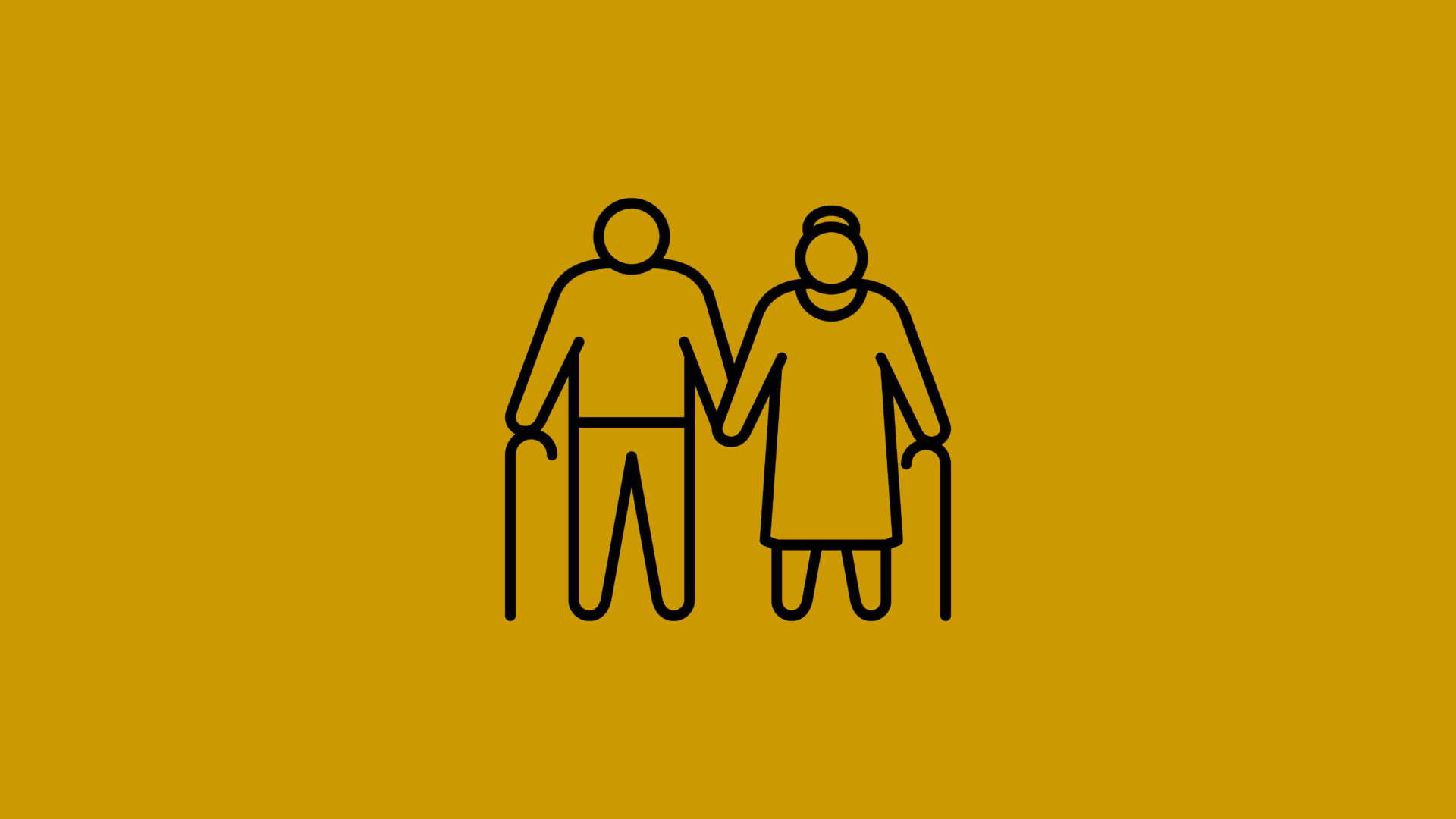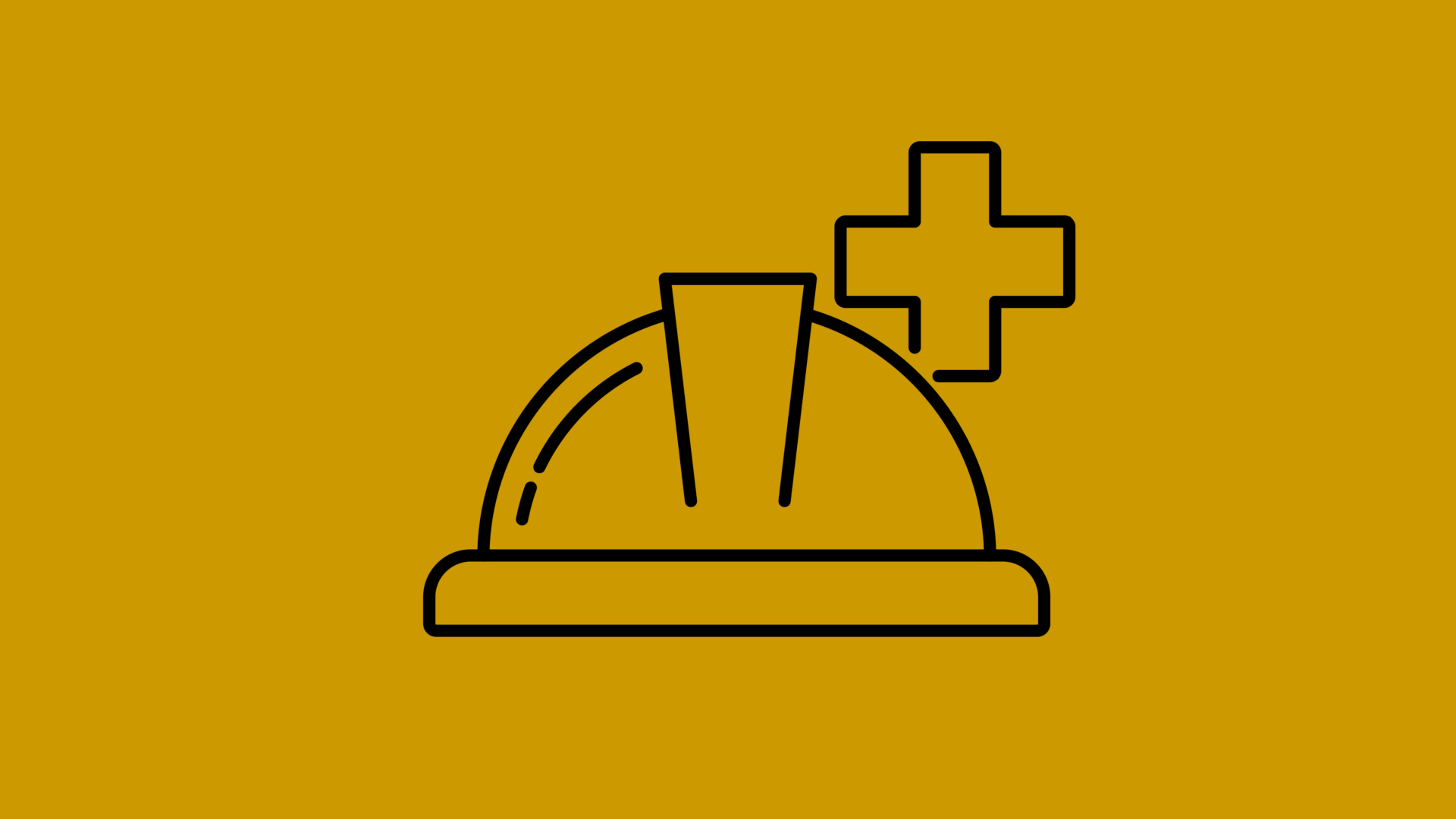Faculty of business and law research projects
Our Projects
FBL Research projects that support Healthy People and Economies
These research projects support labour economics, health economics, the future of work, decent work and transformative work design, worker safety, sustainable career development, leadership and management sciences, strategic project management, resilient workplace cultures, mental health and wellbeing, healthy eating.
We are prioritising research outcomes in the Faculty of Business and Law to align with our priority SDGs.
FBL Research projects that support Healthy People and Economies
Investigators: Marylene Gagne, Ramon Rico, Mark Griffin and Thomas O’Neill



With work teams having to undertake more critical and complex tasks, this project aims to develop and evaluate a new process model of team motivation emergence through experimental and field studies. The project expects to generate solutions to Australia’s declining work engagement and make work teams more efficient. The outcomes of this project will include new automated team assessment tools and team training programs for organisations to improve teamwork.
This project is funded by the Australian Research Council.
Investigators: Amity James, Adam Crowe, Selina Tually, Andrea Sharam, Debbie Faulkner, Andreas Cebulla, Helen Hodgson, Eileen Webb, Veronica Coram, Ranjodh Singh, Helen Barrie, and Kirsten Bevin



This research investigates lower income older households’ preferences for a range of alternative housing models and examines which of these would best meet their needs, as well as identifying ways to support households deciding their housing options. The findings of this project provide key evidence for consideration in developing a market for alternative housing options.
This project is funded by the Australian Housing and Urban Research Institute.
Investigators: Daniela Andrei, Sharon K. Parker, Jane Chong, Madison Kho, Lucinda Iles and Hayley Moore



In this project, we are partnering with Bethanie to develop, implement, and test an organisational-level intervention aimed at optimising the work design of workers in aged care and beyond. We aimed for a participatory, holistic approach, targeting integrated solutions across factors that affect employees’ job demands including system (e.g., rosters, workforce management, work policies) and local influences (e.g., task distribution methods, enhancing role clarity). We collected quantitative and qualitative data from employees across four facilities and complemented it with additional turnover and personal leave data. The results so far indicate that work demands such as time pressure and emotional demands have reduced at the intervention facilities but not the comparison facilities. Additionally, a noticeable downwards trend in average hours of personal leave taken has been observed at both intervention sites relative to comparison sites. Thus, the intervention had a tangible benefit for workers and the organisation.
This project is funded by the Safe Work Australia.
Investigators: Marylene Gagne



For decades, compensation experts have advocated for the use of financial incentives to motivate work performance, yet organisations keep encountering performance issues caused by these incentives. Using agency, expectancy, and self-determination theory to inform a meta-analysis and a series of experiments, this research will help uncover the most important motivational mechanisms that explain how financial incentives influence different types of performance. Given that compensation accounts for an important proportion of an organisation’s operating expenses and that employee engagement is on the decline around the world, this research will provide a strong empirical basis to develop more effective compensation systems.
This project is funded by the Australian Research Council.
Investigators: Sharon K. Parker, Cheryl Yam and Melissa Chapman



The Mental Awareness, Respect and Safety (MARS) Program is a whole-of-Government initiative that aims to improve the health, safety, and well-being of all workers in the WA mining industry. The Landmark Study was commissioned to design and implement a research and evaluation project addressing the three main themes of the MARS Program: a) Creating mentally healthy workplaces by managing psychosocial hazards and promoting positive practices at work that support mental health and well-being, b) building a culture of safety and respect with healthy, safe, gender-equitable, respectful, and inclusive workplaces, and c) preparing for workplace safety in future mining by ensuring all workers are educated and trained in safety, addressing emerging risks, and fostering safety innovation in new technologies. Findings from this project are expected to establish a baseline measurement of these areas, provide evidence to inform the development of initiatives and strategies for supporting the health, safety and well-being of all WA mining workers, and to assess future change arising from these initiatives.
This project is funded by the Mental Awareness, Respect and Safety (MARS) Program.
Investigators: Rachel Ong Viforj



AHURI research has highlighted the significant potential of shared equity schemes in enabling access to homeownership. However, while shared equity models have been widely implemented overseas, in Australia they remain under-utilised. This project will examine the objectives and characteristics of government-led shared equity models and will uncover features that improve outcomes for both home purchasers and governments to support the design of sustainable, shared equity programs in Australia.
This project is funded by AHURI.